Cannabinoids have become increasingly popular as their therapeutic benefits gain recognition. Two cannabinoids that often come up in discussions are CBD (cannabidiol) and Delta-8 THC (Delta-8 tetrahydrocannabinol). Although both are derived from the cannabis plant, they offer different effects and uses. This article explores the key differences between CBD and Delta-8 THC, highlighting their unique benefits and potential applications.
What is CBD?
CBD (Cannabidiol) is a non-psychoactive cannabinoid found in both hemp and marijuana plants. It is one of the most studied cannabinoids and is well-regarded for its therapeutic properties without producing a “high.”
Key Characteristics of CBD:
-
Non-Psychoactive: CBD does not produce the intoxicating effects commonly associated with cannabis. This makes it an attractive option for those seeking relief without altering their mental state.
-
Therapeutic Benefits: Research suggests that CBD may offer various therapeutic benefits, including:
- Anxiety Relief: CBD has been studied for its potential to reduce anxiety and improve mood.
- Pain Management: CBD may help alleviate chronic pain and inflammation.
- Sleep Aid: Some users report improved sleep quality and reduced insomnia with CBD use.
- Anti-Seizure Properties: CBD has been shown to be effective in reducing the frequency and severity of seizures in certain types of epilepsy.
-
Legal Status: CBD derived from hemp with less than 0.3% THC is federally legal in many countries, including the United States, though local regulations may vary.
What is Delta-8 THC?
Delta-8 THC (Delta-8 Tetrahydrocannabinol) is a cannabinoid found in trace amounts in the cannabis plant. It is chemically similar to Delta-9 THC (the primary psychoactive compound in cannabis) but with a slightly different molecular structure.
Key Characteristics of Delta-8 THC:
-
Psychoactive Effects: Delta-8 THC is psychoactive, but it is often described as producing a milder and more clear-headed high compared to Delta-9 THC. Users may experience relaxation, euphoria, and enhanced sensory perception.
-
Therapeutic Benefits: Preliminary research and anecdotal evidence suggest that Delta-8 THC may offer:
- Anti-Nausea Effects: It may help reduce nausea and vomiting, making it potentially useful for those undergoing treatments like chemotherapy.
- Appetite Stimulation: Delta-8 THC can stimulate appetite, which may benefit those with reduced appetite due to medical conditions.
- Pain Relief: Like Delta-9 THC, Delta-8 may offer analgesic effects that help manage pain.
-
Legal Status: The legality of Delta-8 THC is somewhat complex. It is often considered legal under the 2018 Farm Bill, which allows hemp-derived cannabinoids with less than 0.3% Delta-9 THC. However, some states have enacted specific regulations or bans on Delta-8 THC, so its legal status can vary depending on where you live.
Key Differences Between CBD and Delta-8 THC
1. Psychoactivity
- CBD: Non-psychoactive; does not alter mental state or produce a high.
- Delta-8 THC: Psychoactive; can produce a mild high with effects similar to, but less intense than, Delta-9 THC.
2. Therapeutic Uses
- CBD: Primarily used for its potential benefits in anxiety relief, pain management, sleep improvement, and seizure reduction. It is often chosen for its non-intoxicating effects and broad therapeutic applications.
- Delta-8 THC: Used for its potential to alleviate nausea, stimulate appetite, and provide pain relief. It is typically sought after for its psychoactive effects and specific therapeutic benefits.
3. Legal Status
- CBD: Generally legal at the federal level in many countries if derived from hemp with less than 0.3% THC, but local regulations may apply.
- Delta-8 THC: Legal status is more variable and can depend on local regulations and interpretations of the 2018 Farm Bill. Some states have imposed restrictions or bans on Delta-8 THC.
4. Side Effects
- CBD: Generally well-tolerated, with potential side effects including dry mouth, dizziness, and changes in appetite or weight.
- Delta-8 THC: Potential side effects can include dry mouth, red eyes, increased heart rate, and altered cognitive function. As with any psychoactive substance, caution is advised to avoid overconsumption.
Choosing Between CBD and Delta-8 THC
The choice between CBD and Delta-8 THC largely depends on your individual needs and preferences:
-
For Non-Psychoactive Relief: If you’re looking for therapeutic benefits without psychoactive effects, CBD may be the better option. It’s suitable for daily use and can be integrated into various aspects of health management.
-
For Psychoactive Effects: If you’re interested in experiencing mild euphoria or need specific relief from nausea or appetite loss, Delta-8 THC might be more appropriate. It’s important to start with a low dose and understand its effects on your body.
Conclusion
CBD and Delta-8 THC are both valuable cannabinoids with distinct properties and benefits. CBD offers a non-psychoactive option with a range of therapeutic applications, while Delta-8 THC provides a milder psychoactive experience with potential benefits for nausea and appetite stimulation. Understanding these differences can help you make an informed choice based on your health goals and personal preferences. Always consider local regulations and consult with a healthcare provider if you have any concerns or pre-existing conditions.

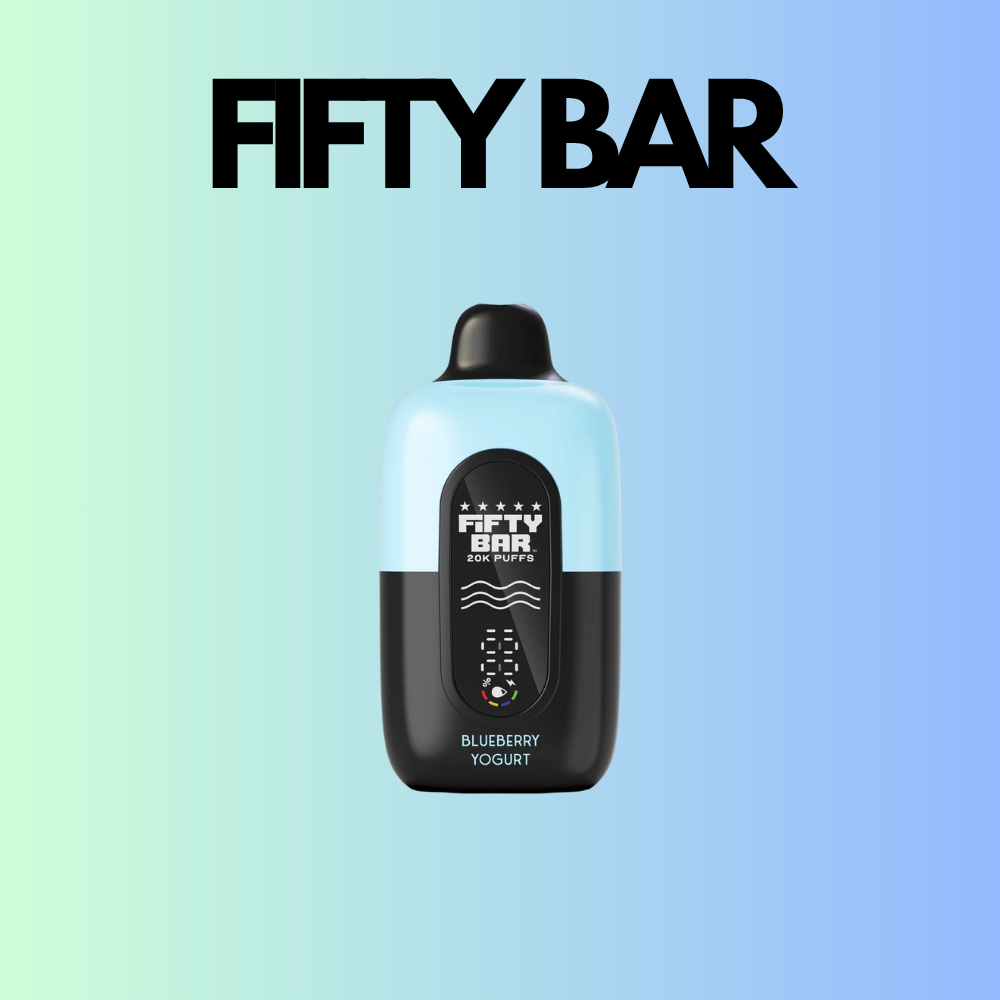
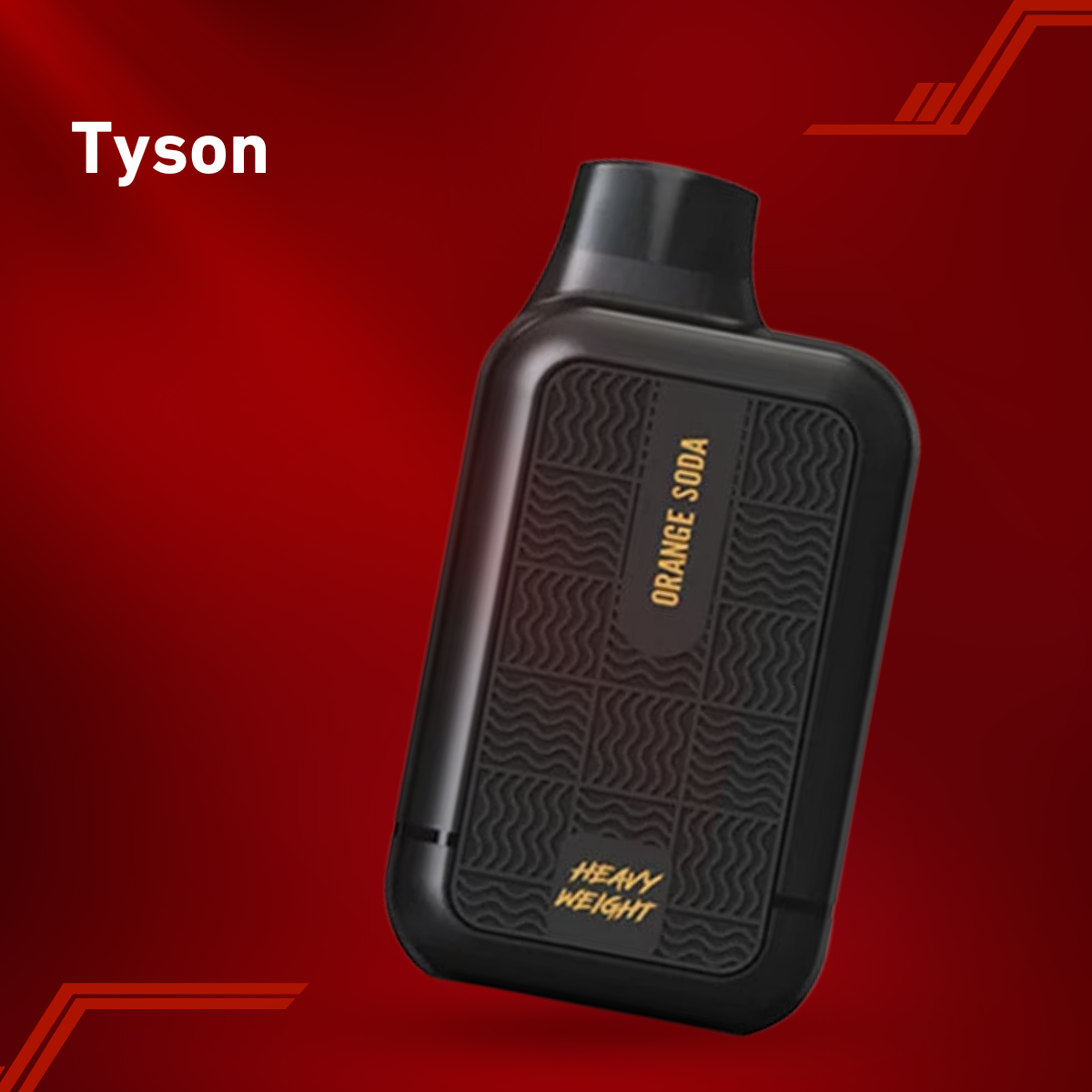
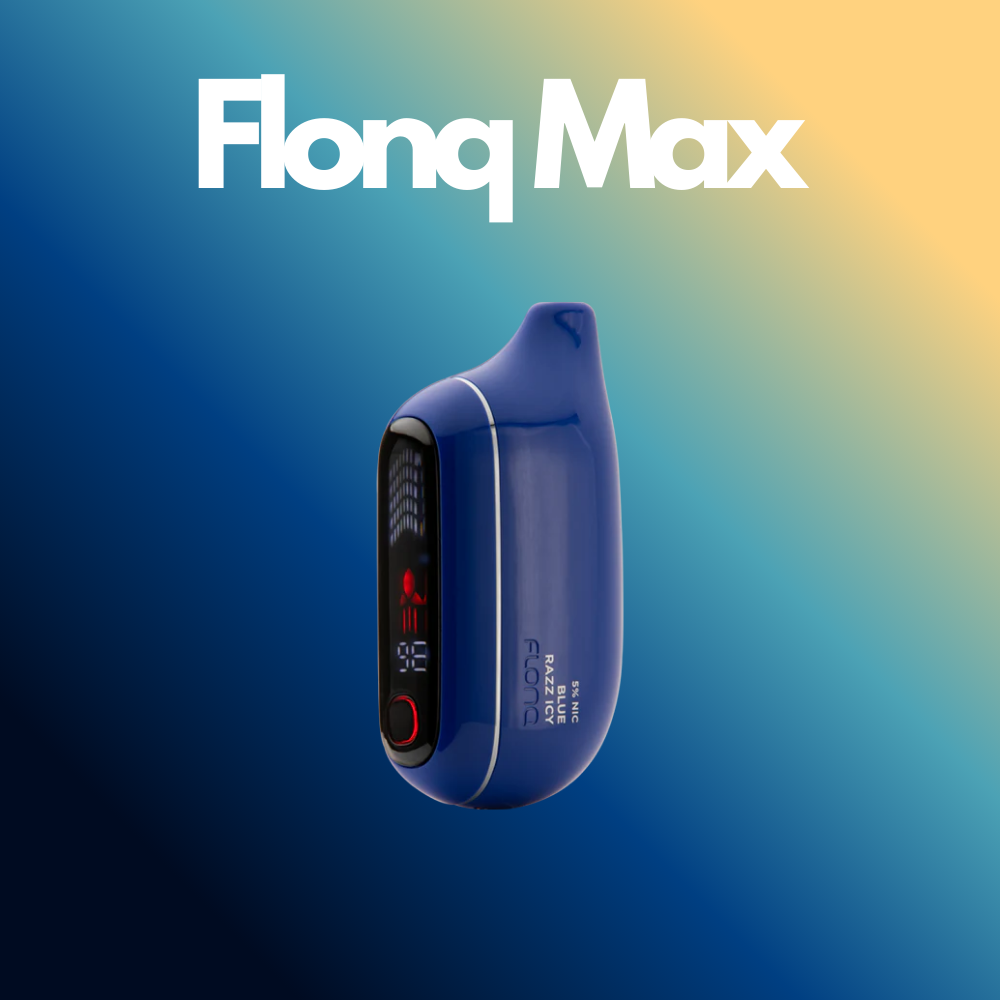
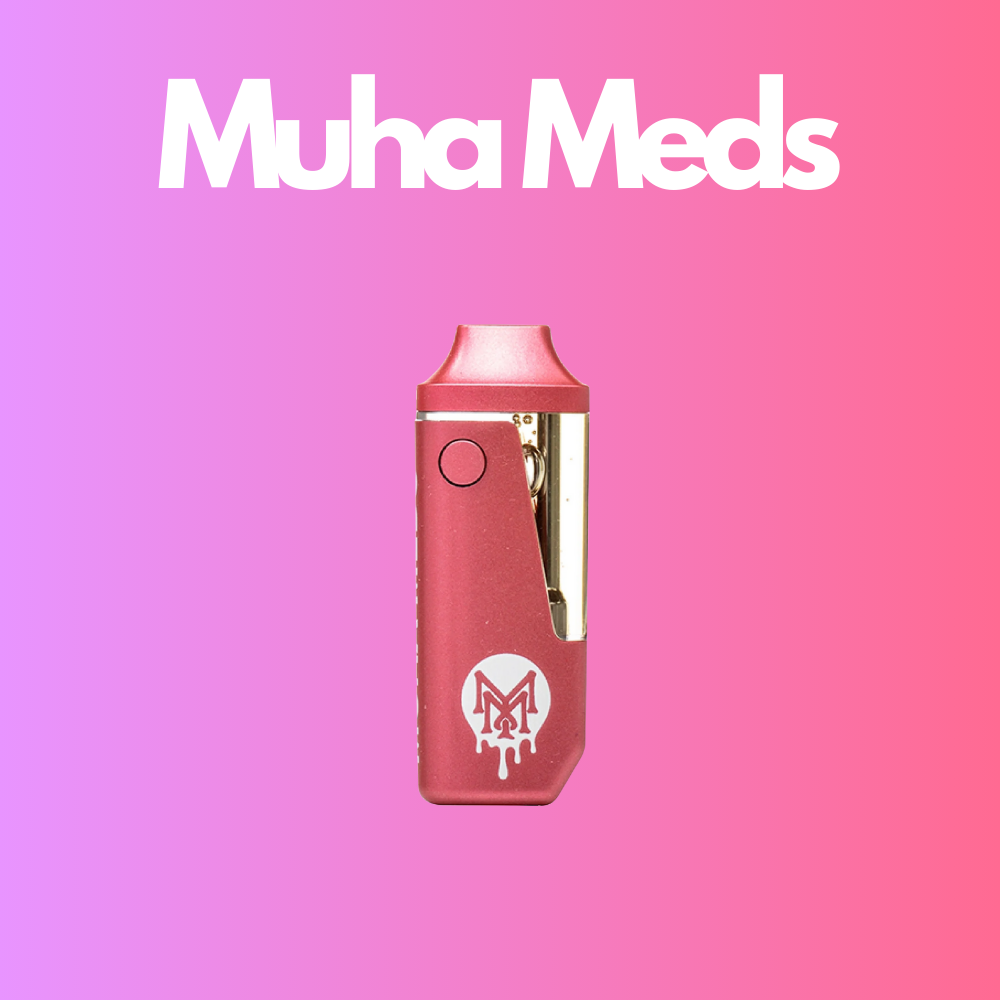
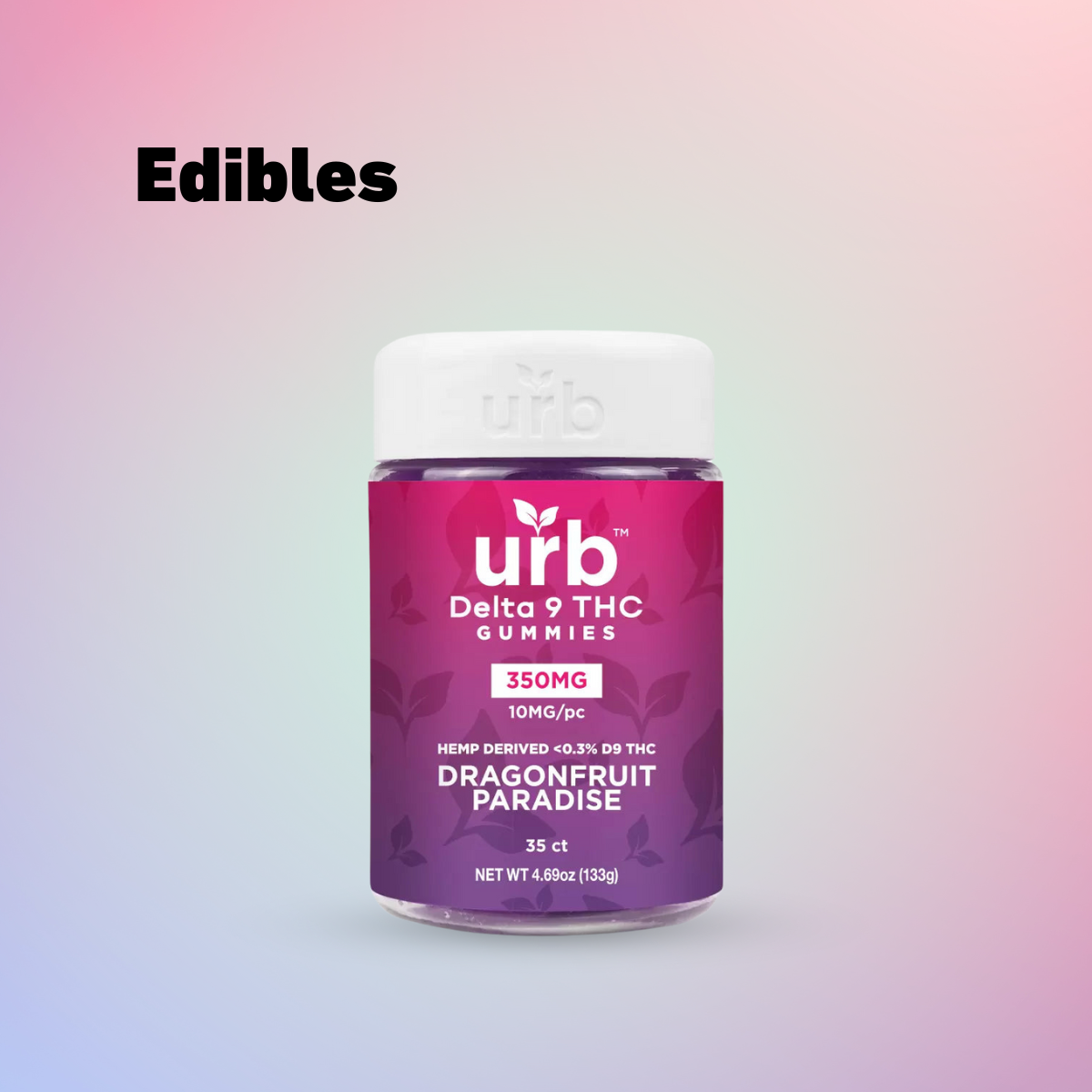
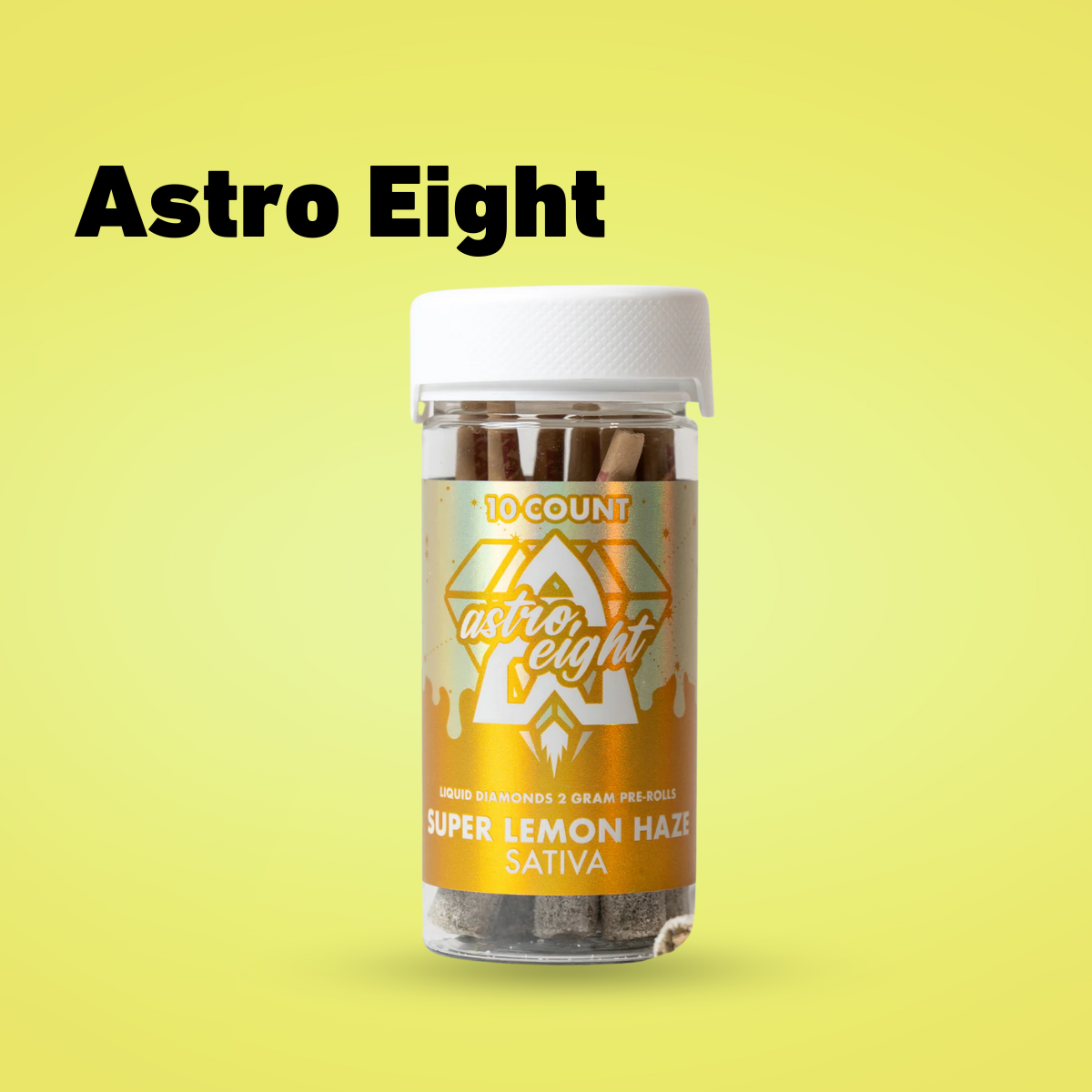
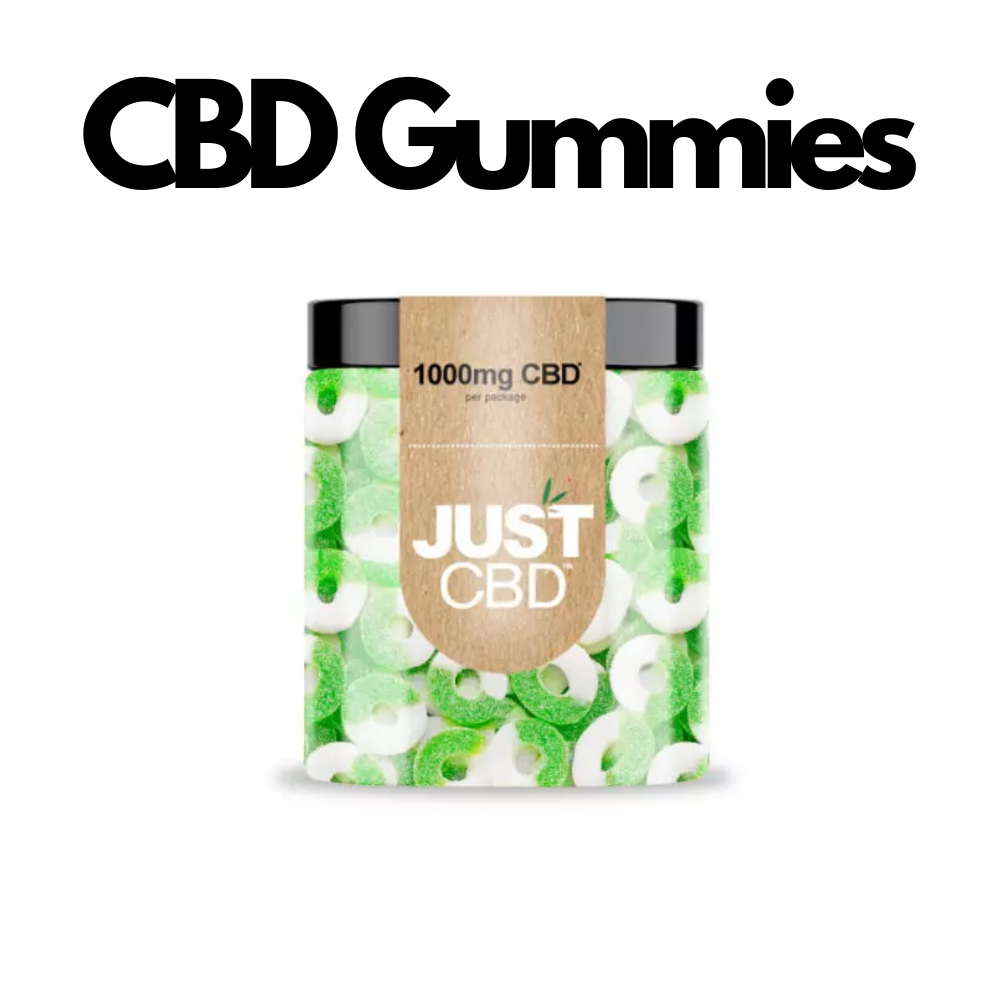
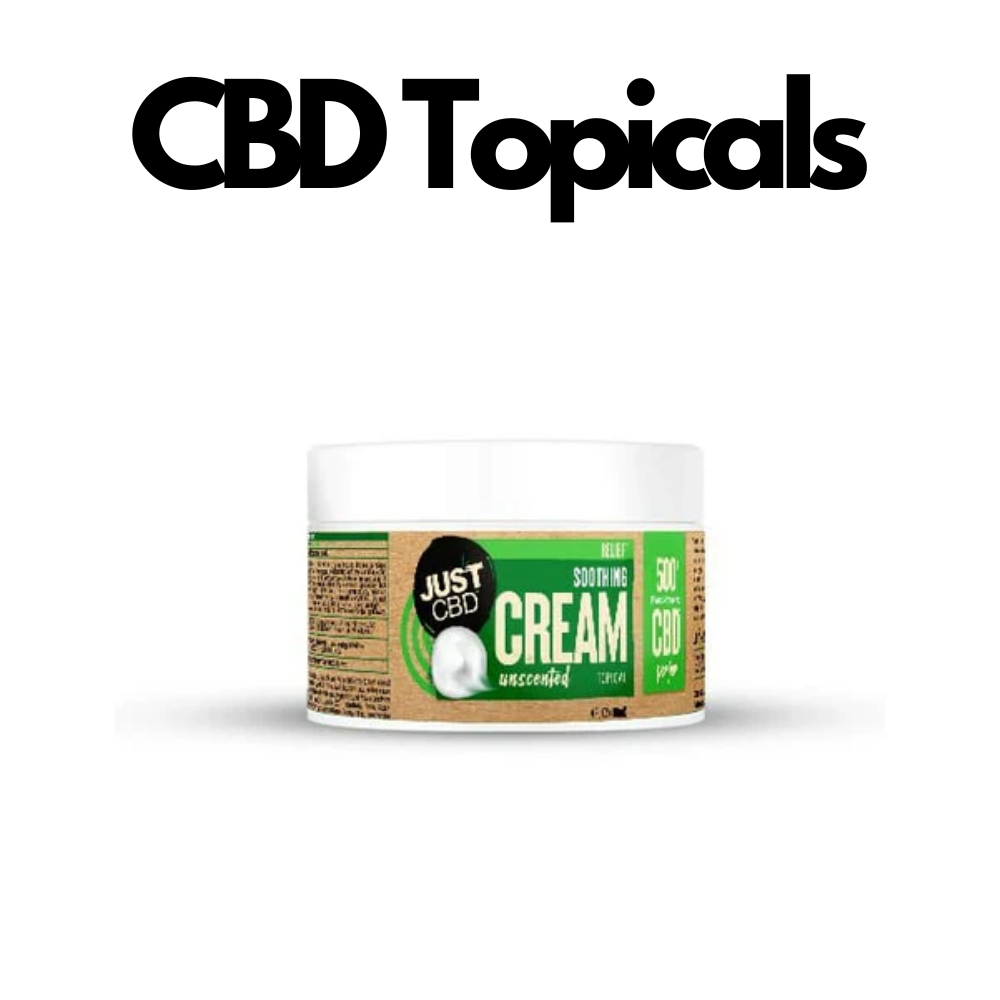
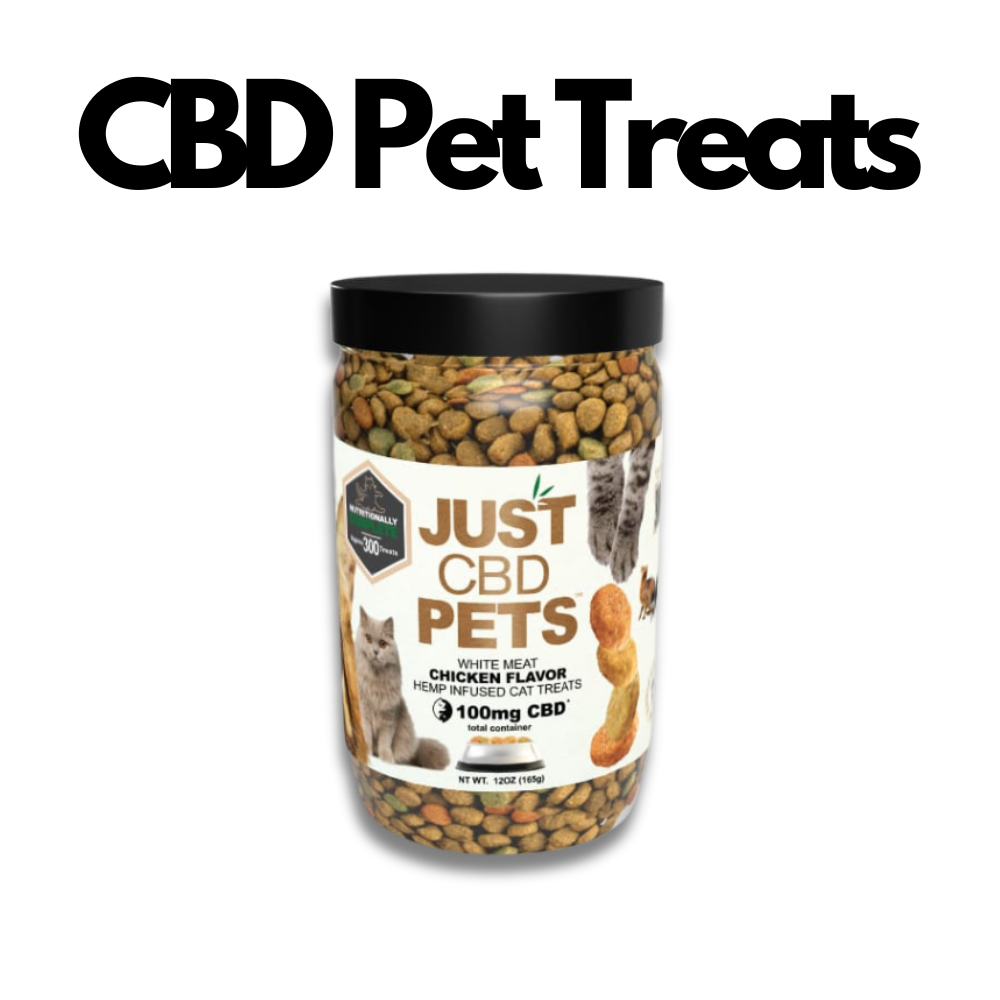
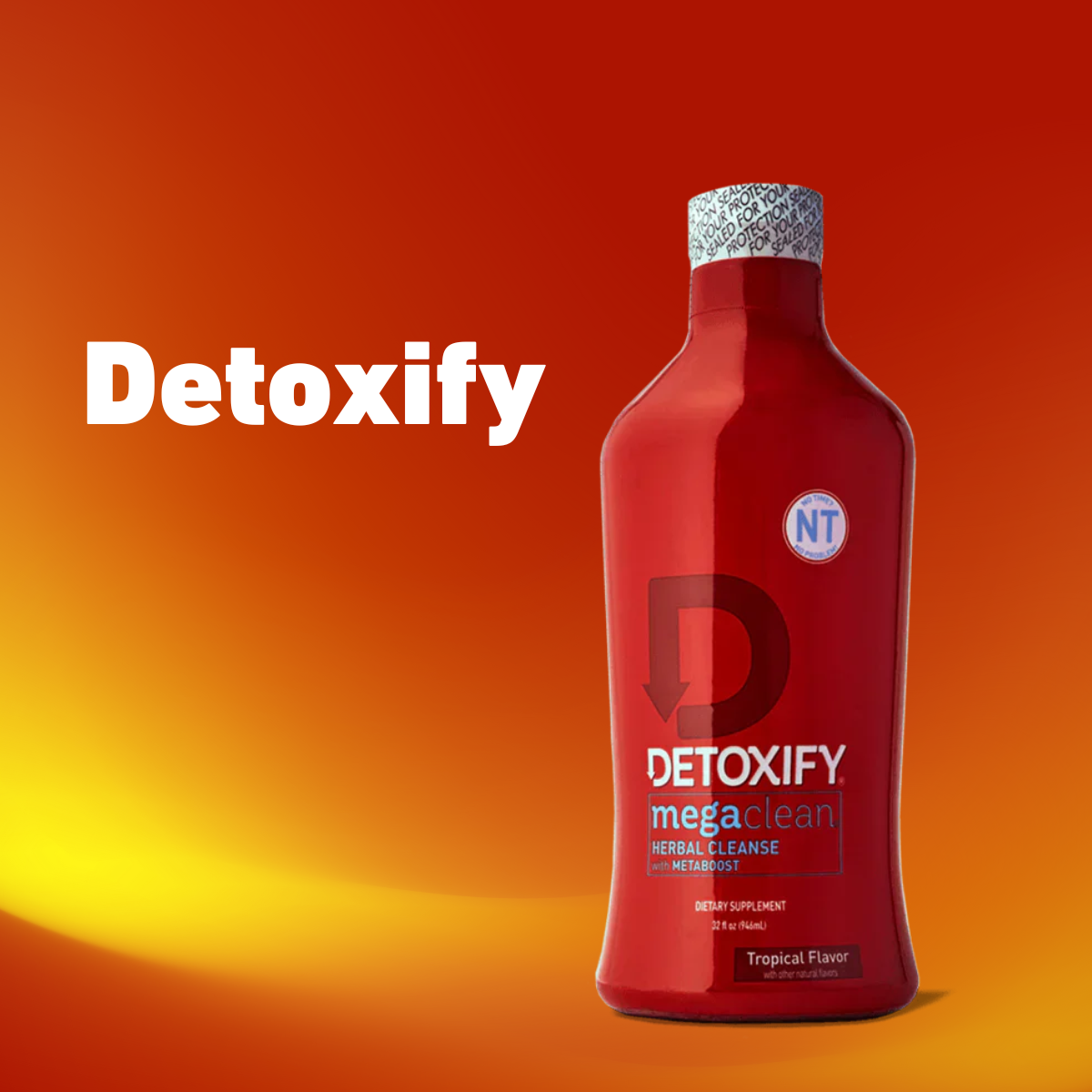
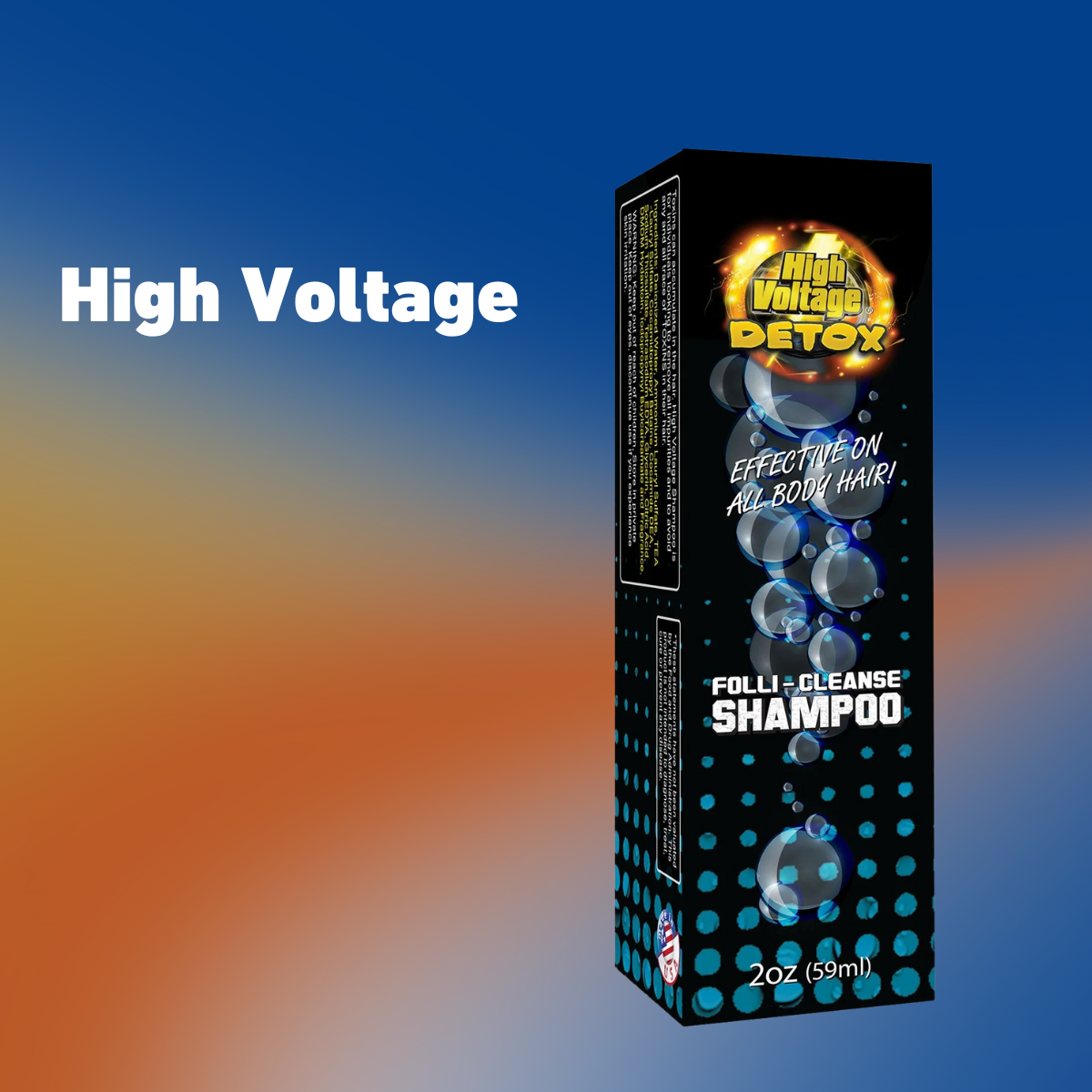
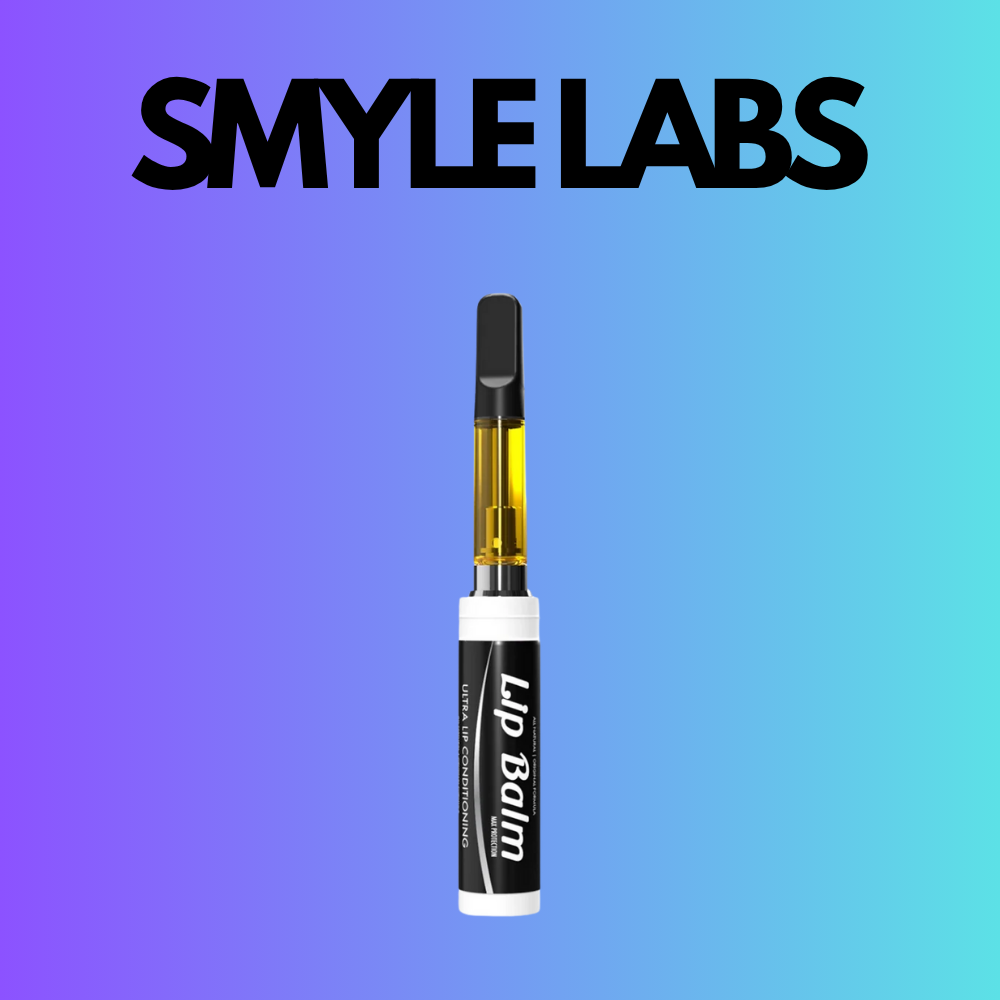
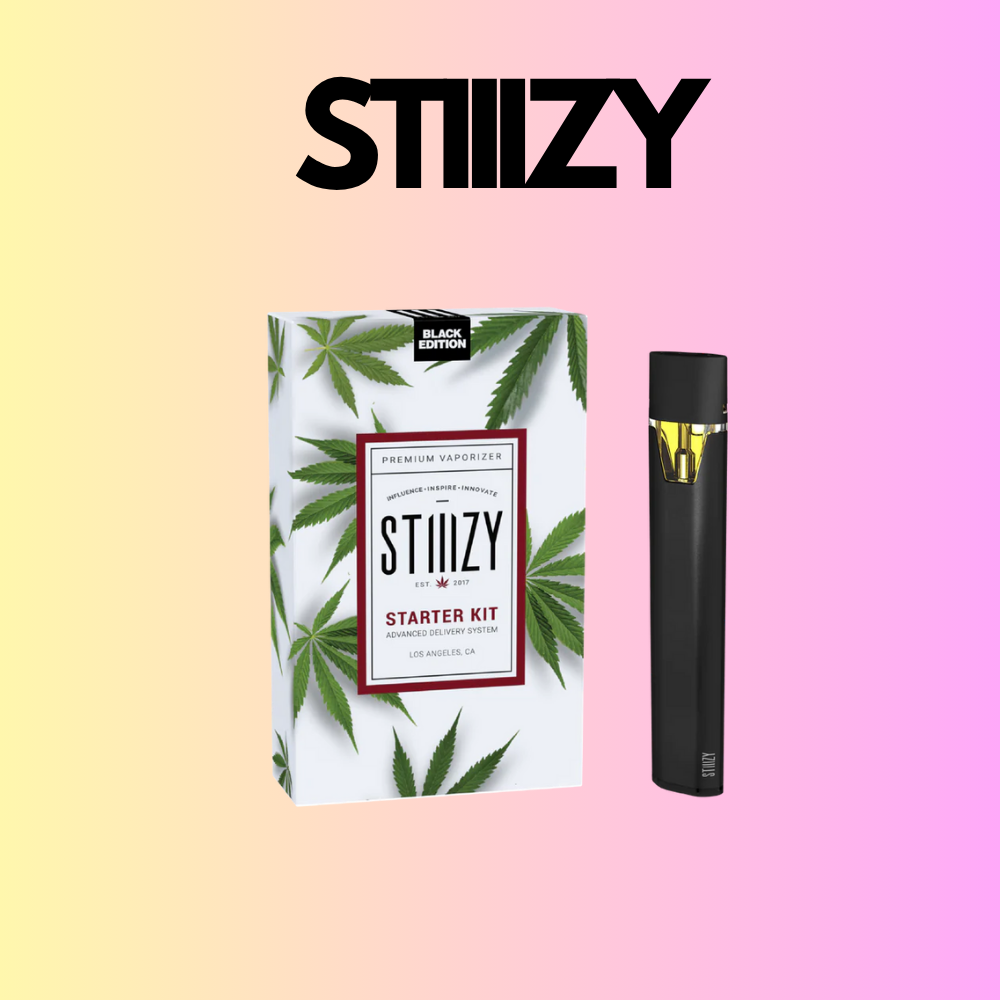
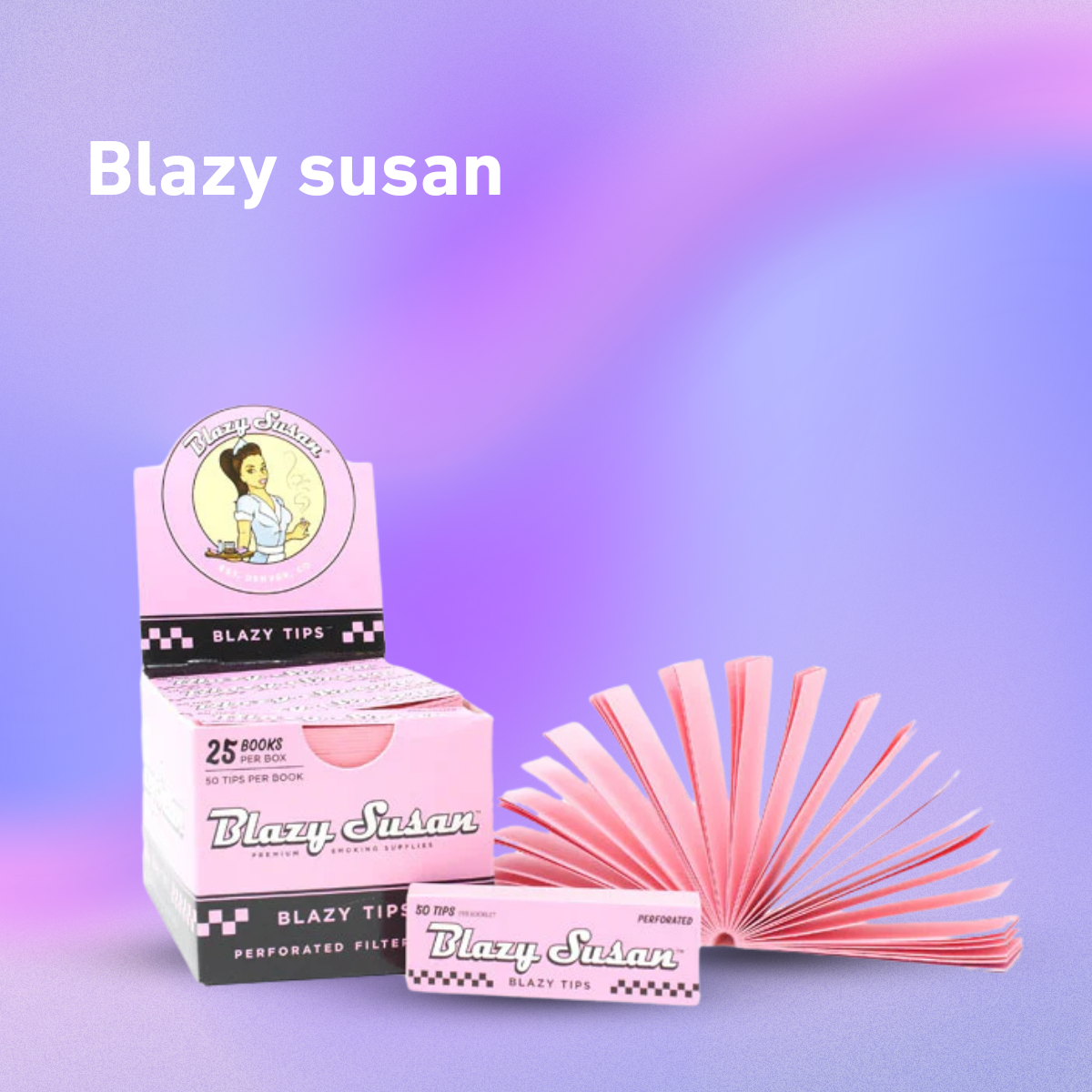
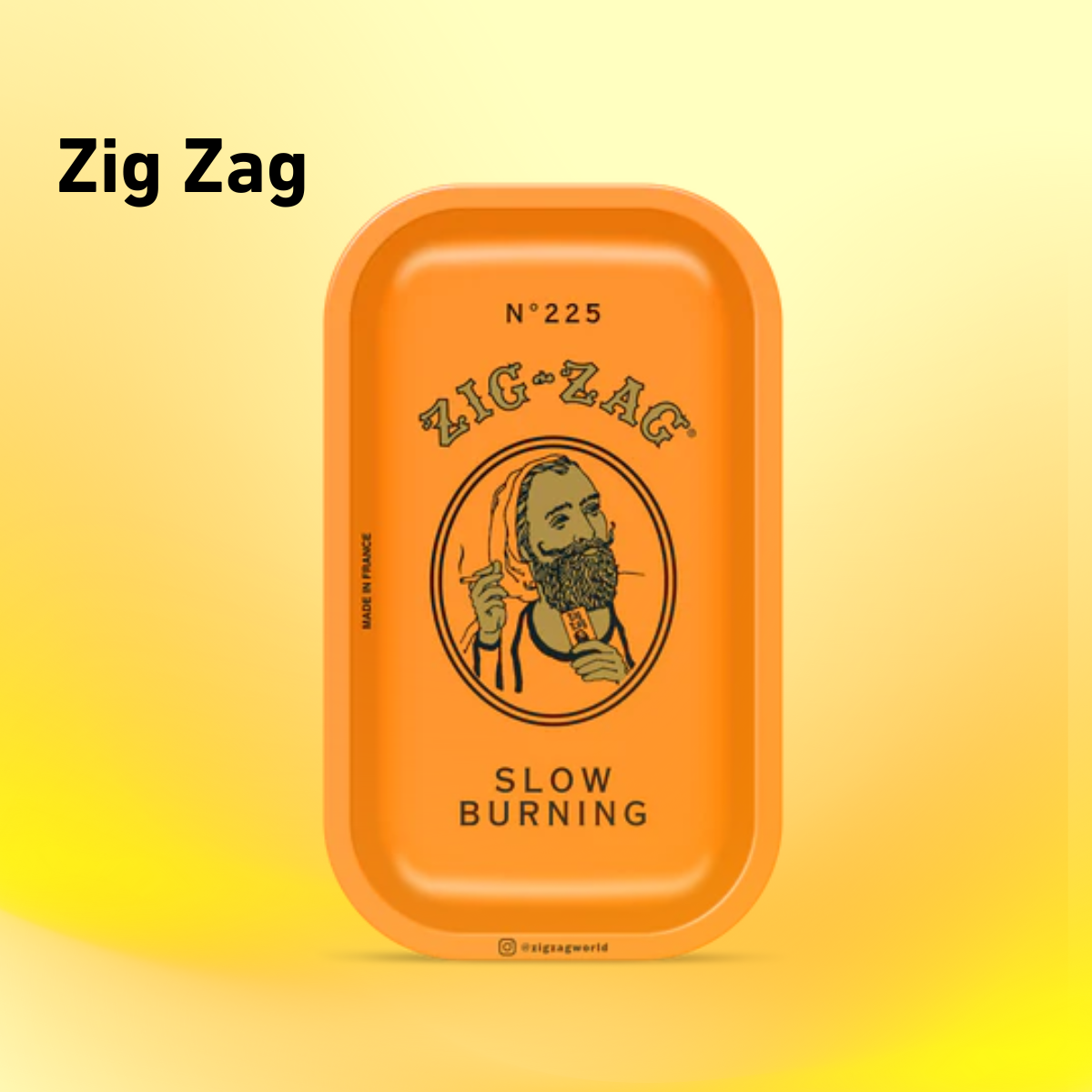
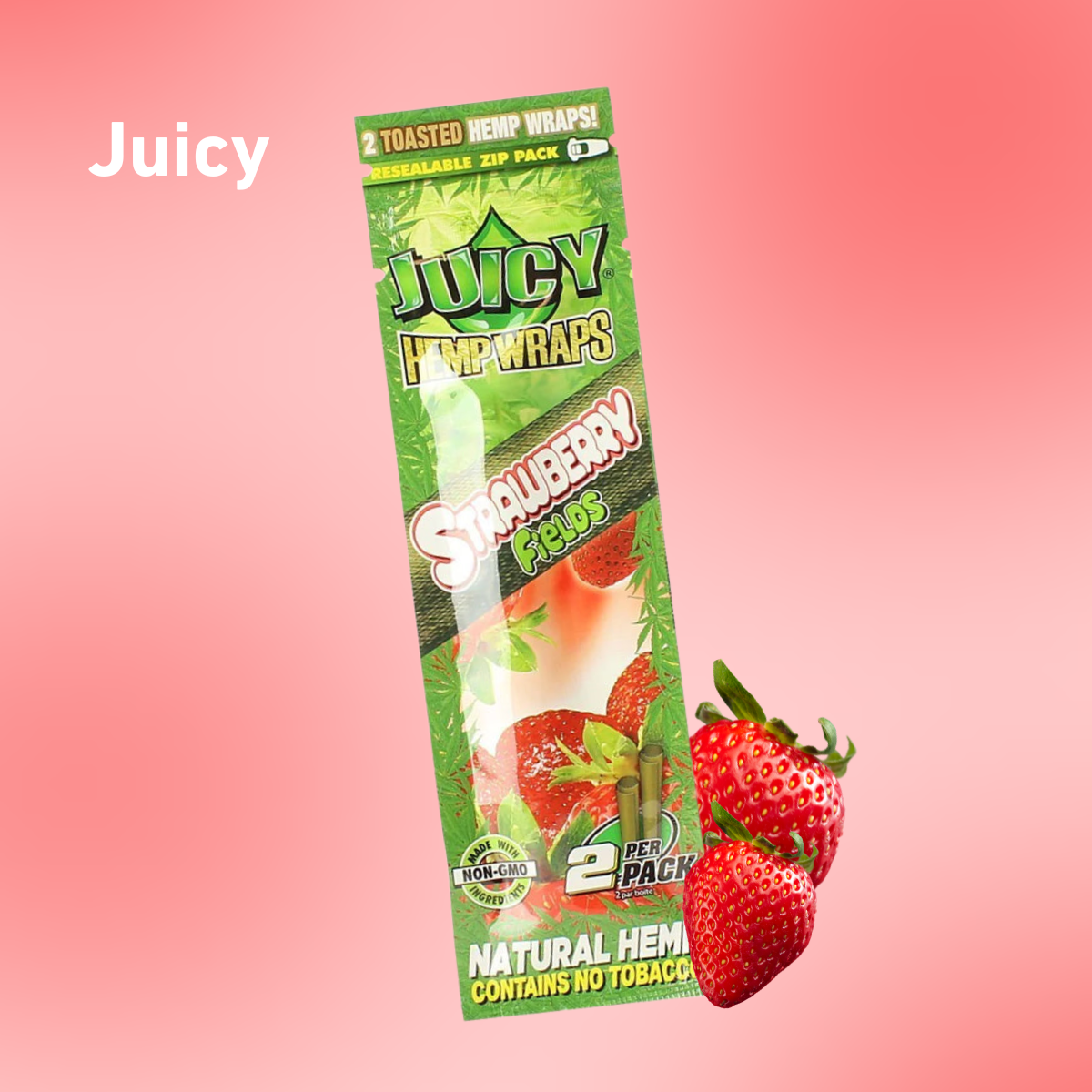
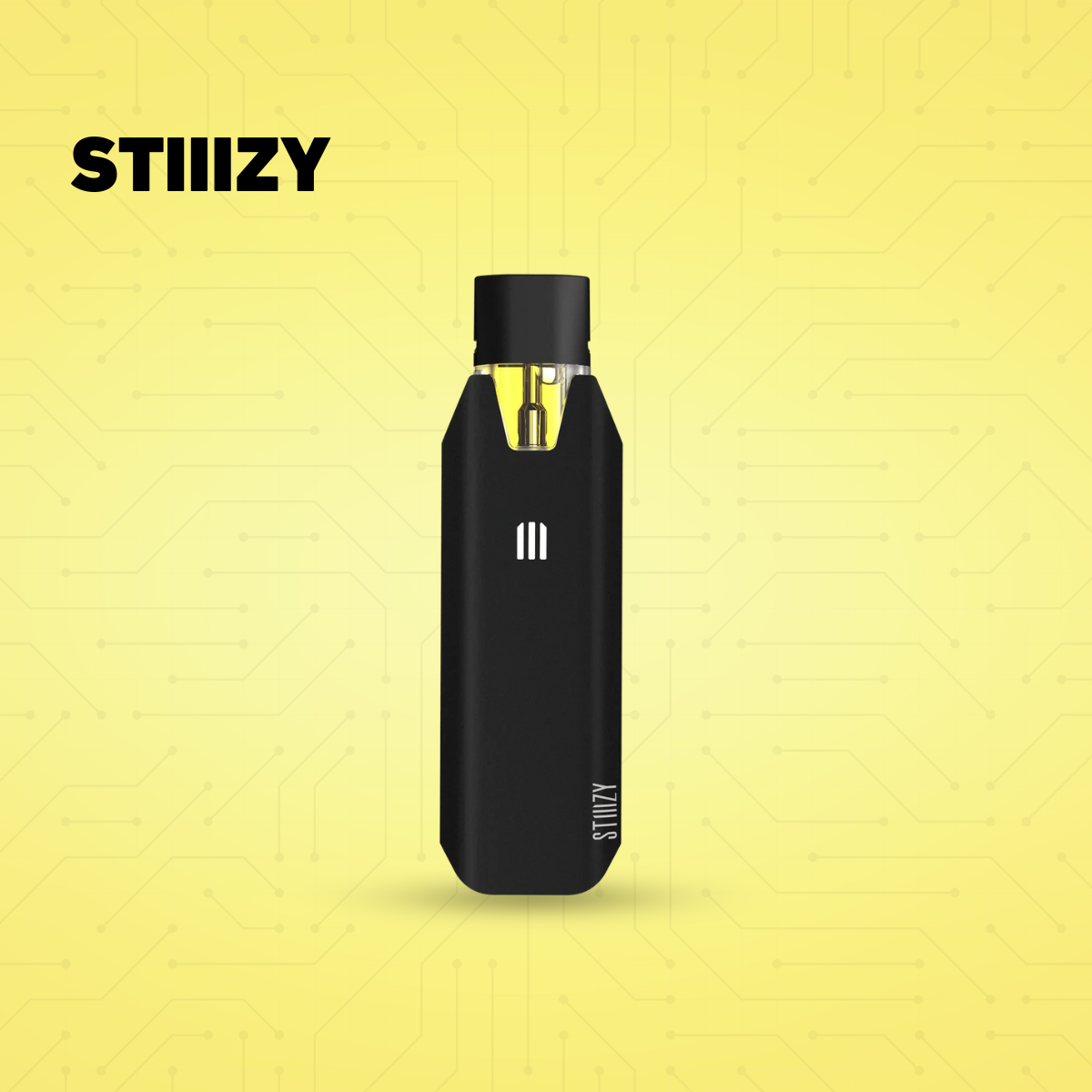
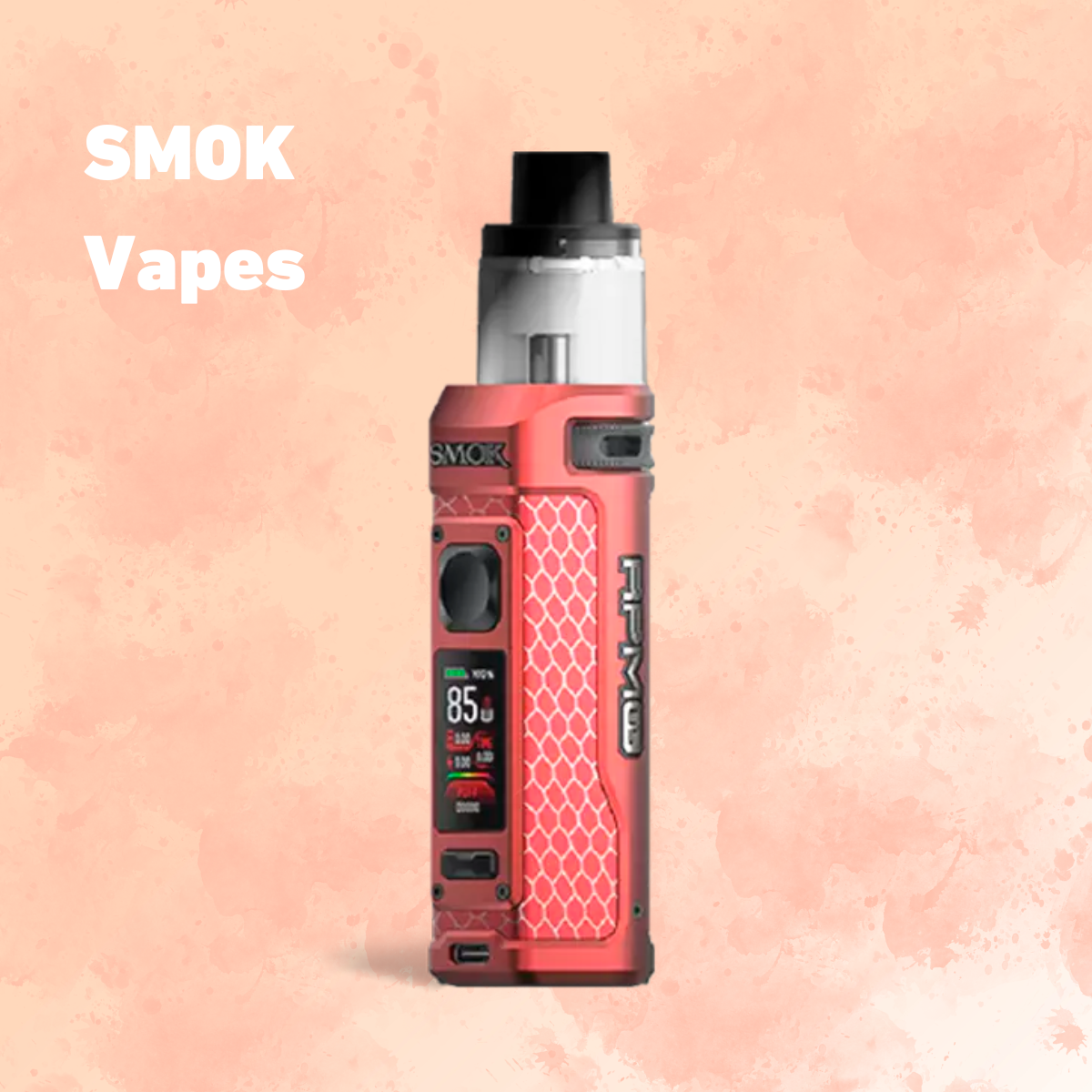
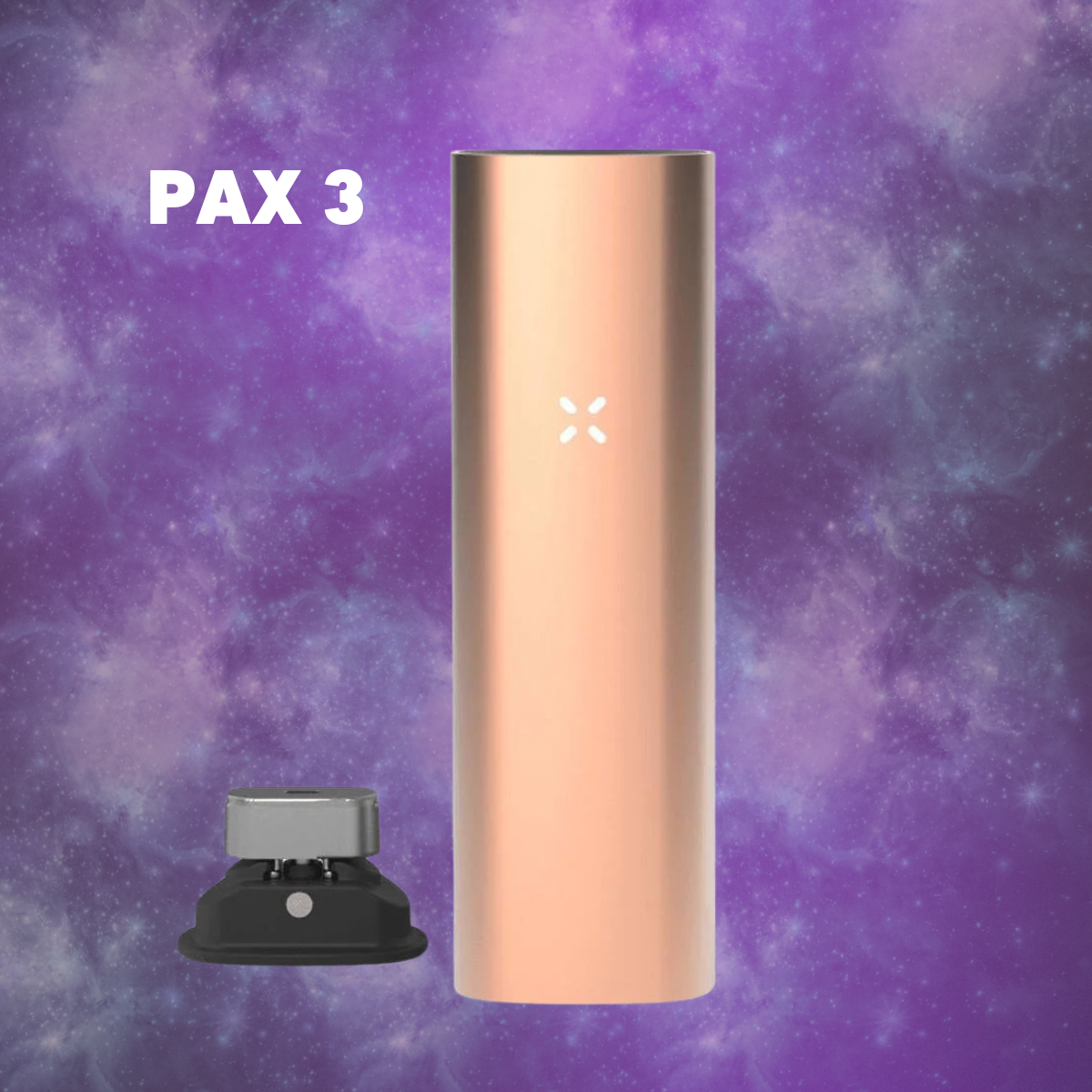
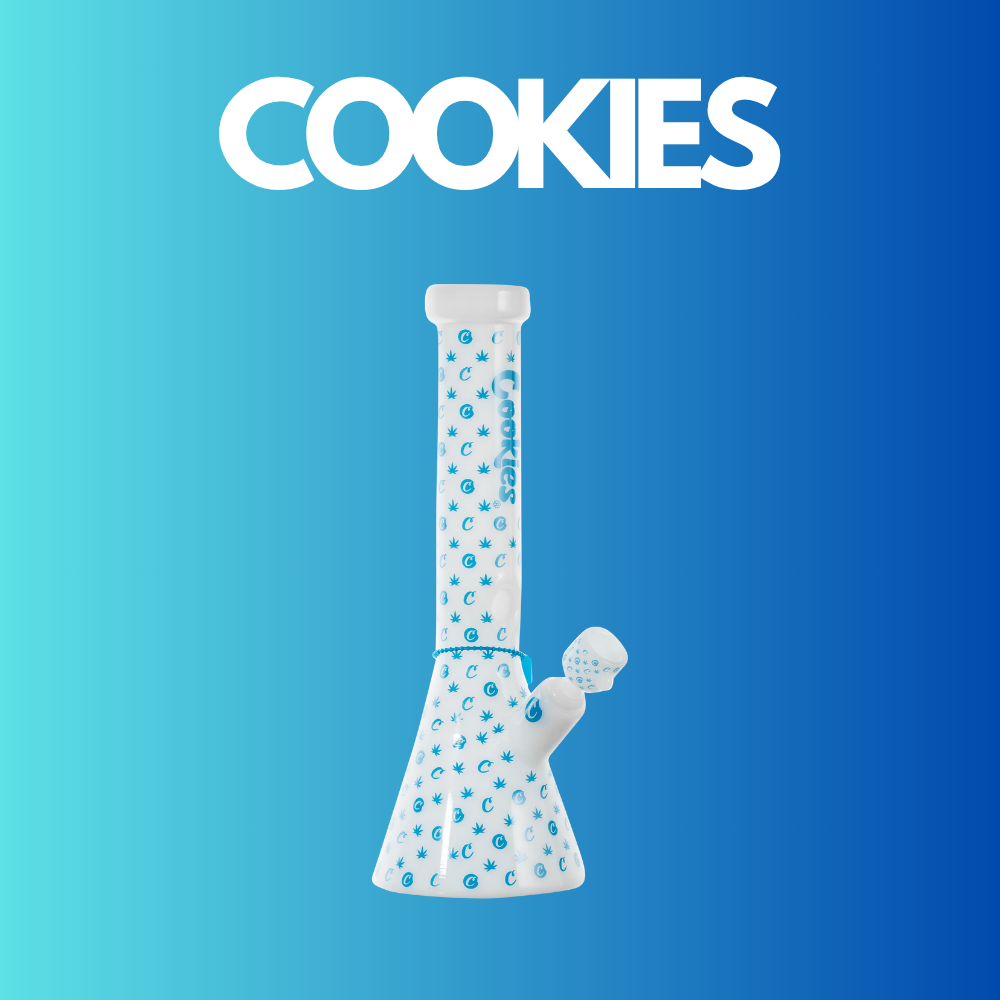
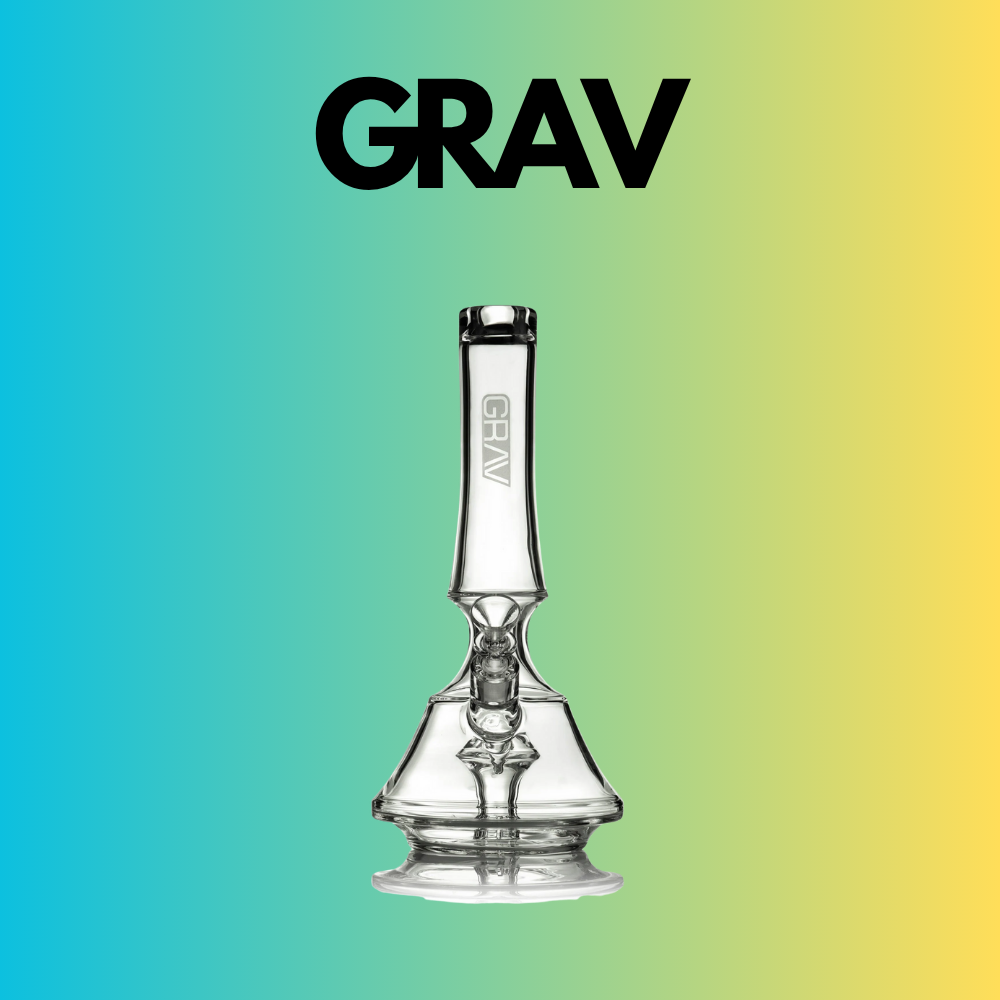

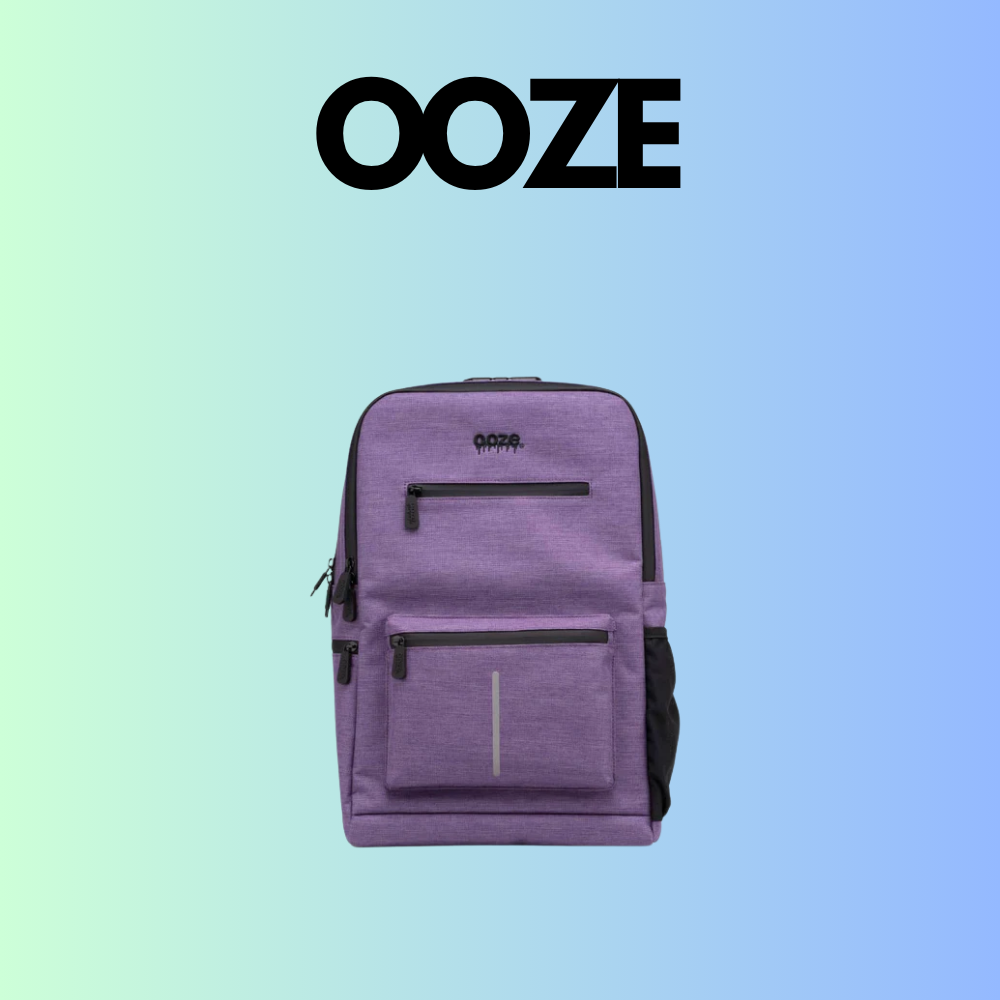
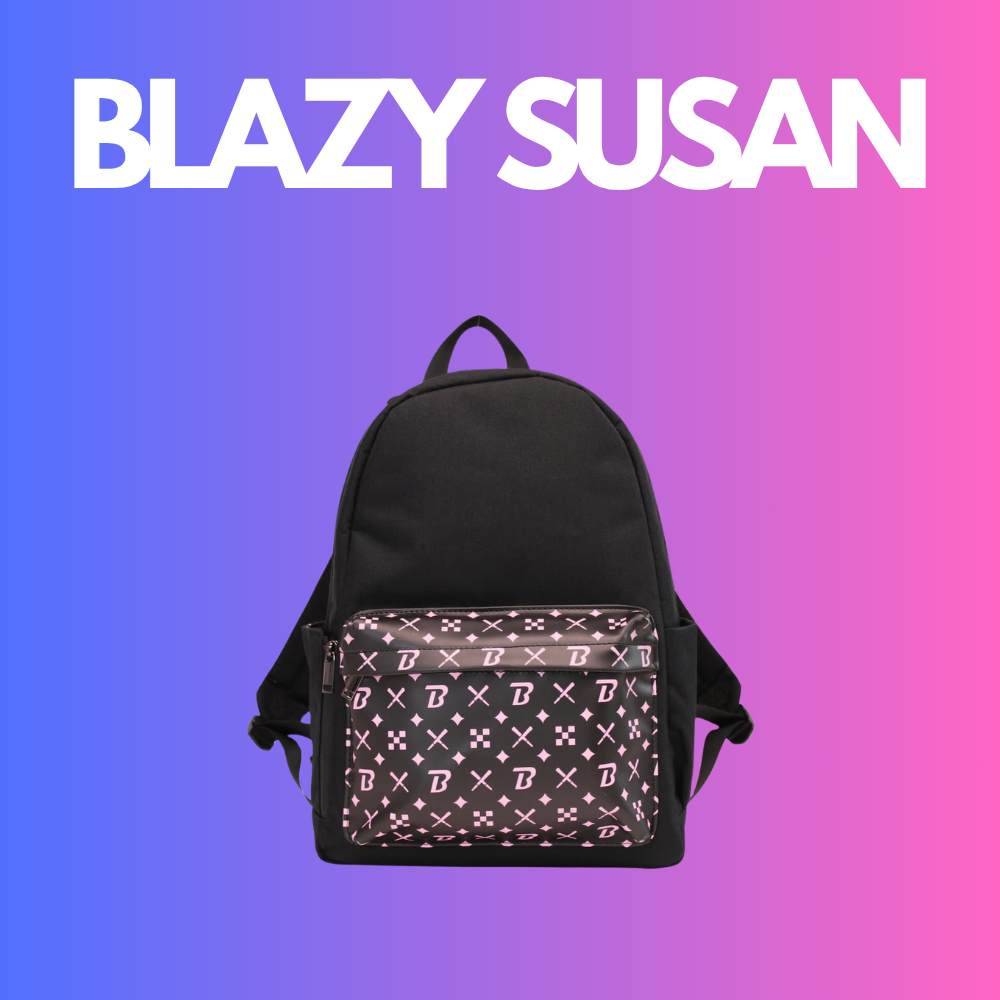

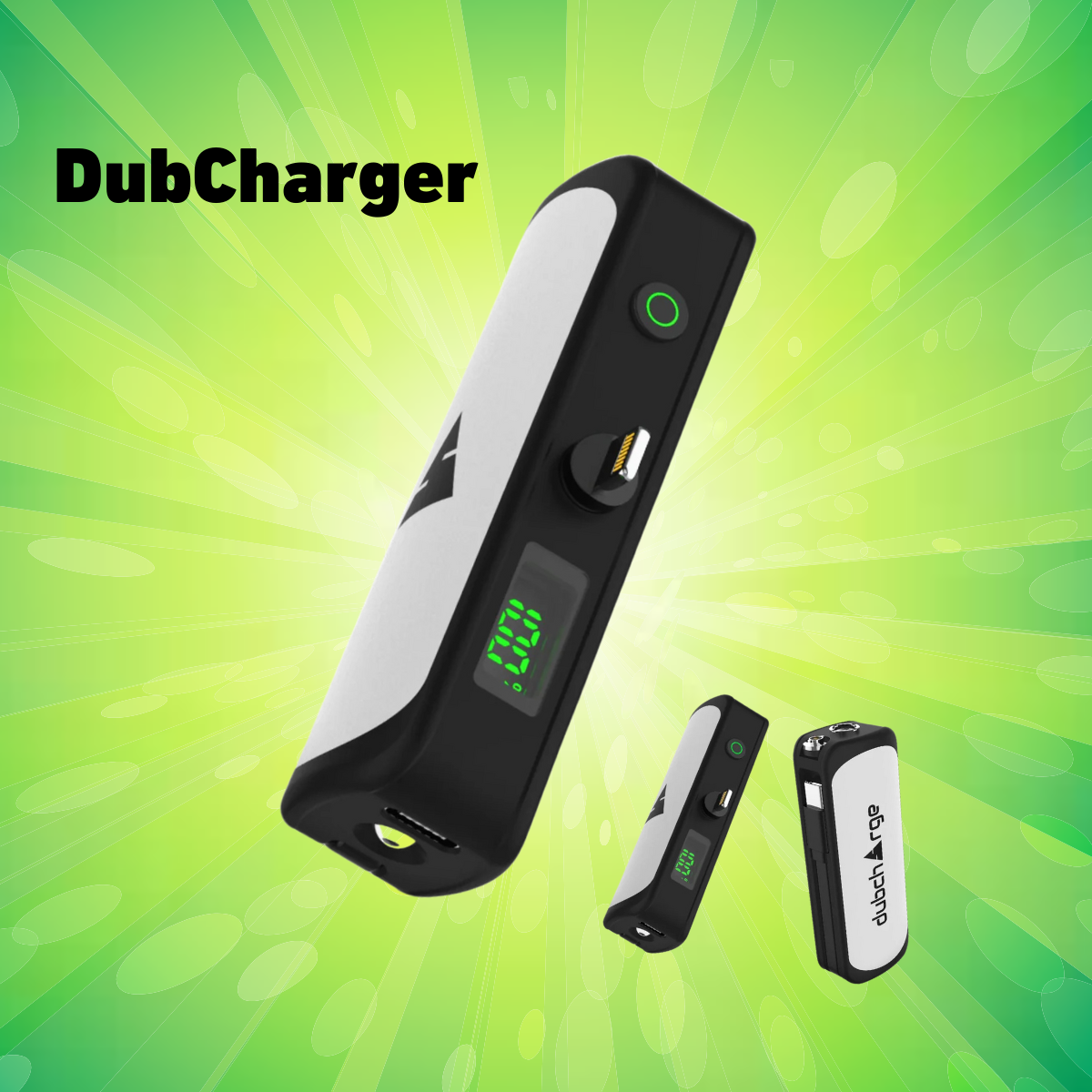

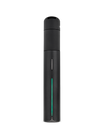
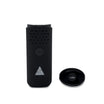
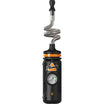

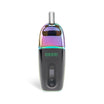
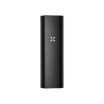
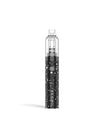
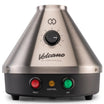
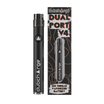
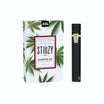
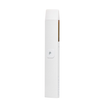
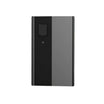

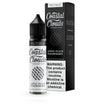
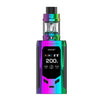
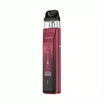
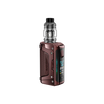
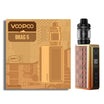
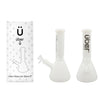
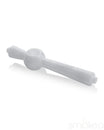
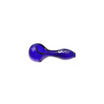
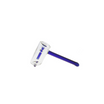
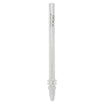

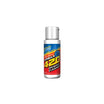
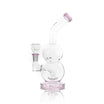
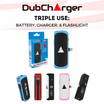
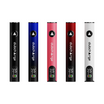
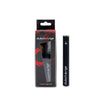
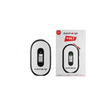
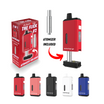
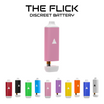
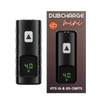
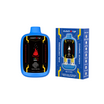
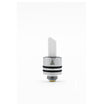
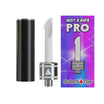
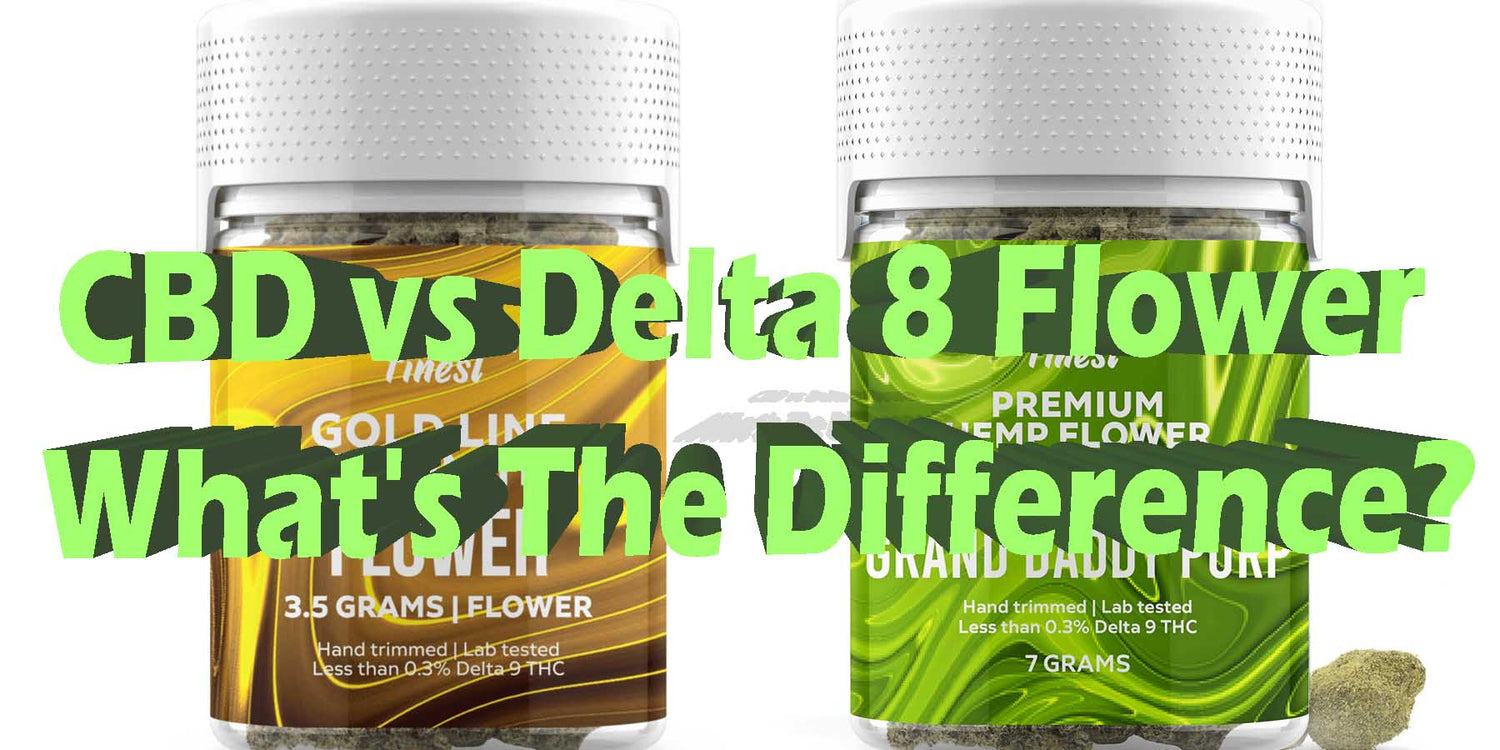
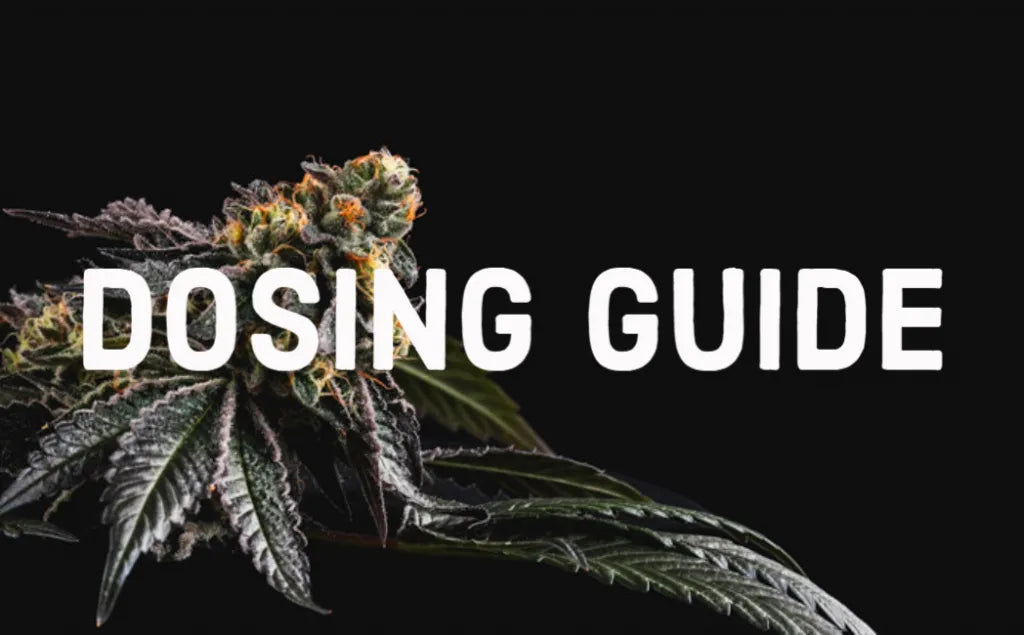
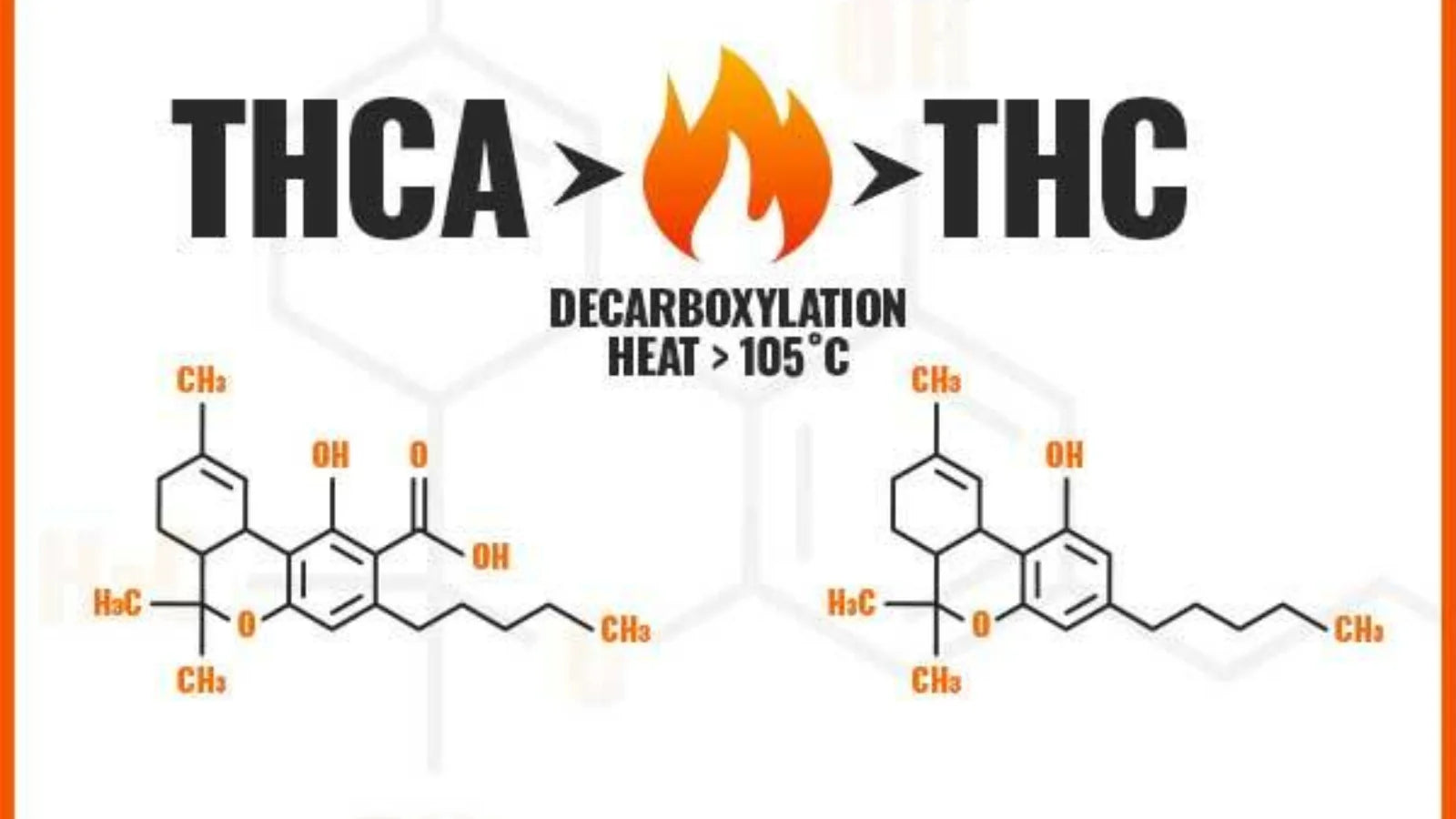
Leave a comment
This site is protected by hCaptcha and the hCaptcha Privacy Policy and Terms of Service apply.